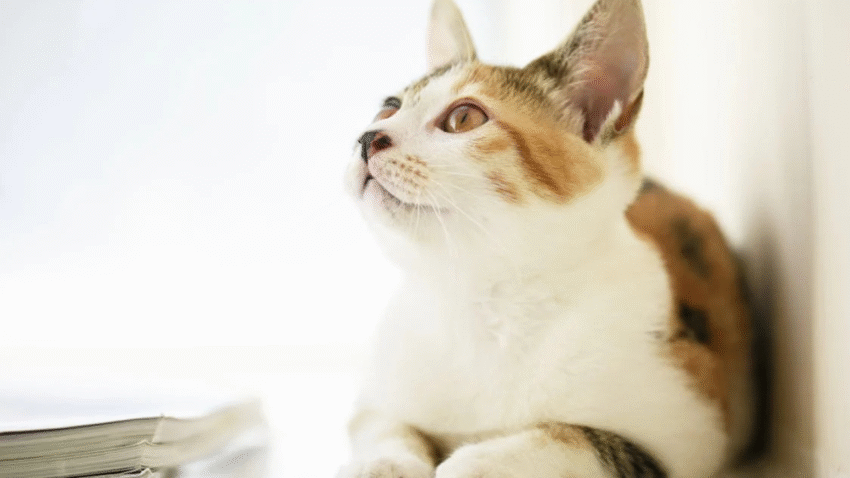Introduction
Is your cat recovering from surgery or illness and refusing to eat? Proper nutrition during recovery is critical for healing, energy, and overall health. Whether your feline friend just had dental work, a spay/neuter procedure, or is recovering from a medical condition, this guide will teach you how to feed your cat after surgery or illness using gentle strategies that promote recovery and comfort.
Why Post-Surgery Nutrition Is So Important
During recovery, your cat’s body needs extra nutrients to repair tissue, fight infection, and restore strength. However, anesthesia, pain, or medication side effects can suppress appetite, making it harder for your cat to get the nutrition they need. Supporting your cat with the right food, feeding method, and environment helps speed healing and reduce the risk of complications like malnutrition, dehydration, or gastrointestinal upset.
Step-by-Step Guide to Feeding a Recovering Cat
1. Follow Your Vet’s Instructions First
- Always follow the specific dietary recommendations provided by your veterinarian.
- Some procedures (like dental surgery or gastrointestinal issues) require special diets for a few days or longer.
- Ask your vet whether your cat should eat immediately or fast for a short period post-surgery.
2. Choose Easily Digestible Foods
- Offer bland, soft foods that are gentle on the stomach.
- Ideal options include:
- Prescription recovery diets (like Hill’s a/d or Royal Canin Recovery)
- Cooked, skinless chicken or turkey (no seasoning)
- Plain rice or pumpkin (small amounts mixed in for fiber)
- Low-sodium broth or watered-down wet food
3. Warm Up the Food
- Warming food slightly (to body temperature) enhances aroma and encourages eating.
- Never overheat—just a few seconds in the microwave or warm water bath will do.
- Smell is important to cats, especially if they’re feeling weak or nauseated.
4. Feed Small, Frequent Meals
- Offer small portions 3–6 times per day rather than one or two large meals.
- This helps prevent nausea and ensures a steady intake of nutrients.
- Monitor how much your cat is eating daily and report significant decreases to your vet.
5. Use a Syringe if Necessary (Vet Approved)
- If your cat won’t eat voluntarily, your vet may recommend syringe feeding.
- Use a vet-approved recovery food blended with water or broth to form a smooth paste.
- Feed slowly and gently along the side of the mouth. Never force it, as this can cause aspiration.
6. Encourage Hydration
- Cats recovering from illness or surgery often need more fluids.
- Offer water in multiple locations and use a cat water fountain to encourage drinking.
- Mix extra water or broth into food to increase moisture intake.
Common Mistakes to Avoid
1. Offering Hard or Crunchy Food Too Soon
Avoid dry kibble or crunchy treats after dental surgery or stomach upset. These can irritate healing tissue and make eating painful.
2. Ignoring Loss of Appetite
If your cat refuses food for more than 24 hours, contact your vet. Lack of food can quickly lead to liver complications like hepatic lipidosis, especially in overweight cats.
3. Feeding Table Scraps or Unsafe Foods
Human food (especially fatty or seasoned items) can delay recovery or upset digestion. Stick to simple, cat-safe meals recommended by your vet.
4. Rushing to Normal Diet Too Quickly
Gradually reintroduce your cat’s normal food once they are stable. Sudden changes can shock the digestive system and cause vomiting or diarrhea.
5. Not Monitoring Weight or Behavior
Keep an eye on your cat’s weight, stool, and energy levels during recovery. Any sudden changes could indicate complications or poor nutrient intake.
Extra Tips & Recommendations
- Use Shallow Bowls: Cats recovering from surgery may struggle to reach deep bowls. Use a flat dish or wide plate.
- Feed in a Quiet Space: Stress or noise can discourage eating. Provide a calm area where your cat feels safe and undisturbed.
- Add a Calming Scent: Feliway diffusers or calming sprays can reduce anxiety and improve your cat’s willingness to eat.
- Elevate the Bowl: If your cat has neck or back discomfort, elevate the food bowl slightly to make eating easier.
- Ask About Appetite Stimulants: If your cat refuses to eat despite all efforts, your vet may prescribe an appetite stimulant like mirtazapine.
Conclusion
Feeding your cat after surgery or illness is one of the most important parts of their recovery process. By offering soft, appealing foods, feeding in small portions, and monitoring their progress closely, you can support a smooth and comfortable recovery. Always listen to your vet’s advice, be patient, and provide plenty of love and reassurance.
Your calm care and thoughtful feeding routine can make all the difference on your cat’s road to recovery.
